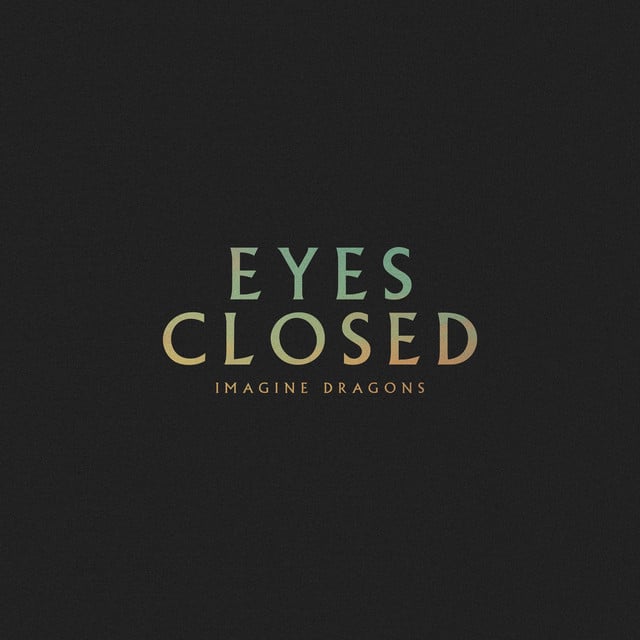Released: 2018
“Bad Liar” by Imagine Dragons taps into the raw, emotional turmoil of confronting one’s own falsehoods within the complexities of love and personal integrity. The song encapsulates the struggle of trying to maintain a facade, while internally grappling with truth and the desire for authenticity. It’s a powerful confession of the hardships faced during a tumultuous year, highlighting the battle between outward appearances and internal reality.
The opening lines “Oh, hush, my dear, it’s been a difficult year” set the stage for a tender yet somber reflection, acknowledging the struggles faced without specifying the details, making it relatable on many levels. The mention of “terrors don’t prey on innocent victims” suggests that challenges often target those who already bear burdens, adding a layer of complexity to the narrator’s woes. The plea, “trust me, darlin’“, repeated through the song, highlights a desperate need for faith amidst uncertainty and fear.
When delving into “I’m a man of three fears: Integrity, faith, and crocodile tears“, the songwriters cleverly reveal the internal conflict of the narrator. These fears speak to the struggle of maintaining moral uprightness (integrity), the difficulty in believing in oneself or others (faith), and the manipulation of emotions (crocodile tears), setting a tone of vulnerability and self-awareness. This line underscores the battle within, between wanting to be genuine and the temptation to deceive.
The chorus, “But I’m a bad liar, bad liar”, is a haunting admission of the narrator’s inability to convincingly maintain the facade that everything is fine. The repetition of “now you know, you’re free to go” serves as a heartbreaking acknowledgment that the truth – however ugly – might drive the loved one away, but it’s a necessary step towards freedom for both.
Questions like “Did all my dreams never mean one thing? Does happiness lie in a diamond ring?” reflect a deep existential and relational crisis, questioning the very foundation of happiness and success. It challenges societal norms about love and fulfillment, probing whether true contentment can be found in material possessions or societal milestones.
The stark imagery of waging war “on the world inside” and taking “my gun to the enemy’s side” illustrates the intense internal battle the narrator faces. It’s about confronting one’s demons, challenging one’s beliefs, and the relentless pursuit of truth, even when it’s painful. This internal conflict is a universal theme, resonating deeply with listeners who have faced their own inner turmoil.
By the end, the repeated calls to “believe me” and the final plea (“Please believe me“) underscore a deep longing for understanding and forgiveness. It’s a powerful closing, leaving the listener with a sense of empathy for the narrator’s struggle between the desire to be true and the instinct to hide behind lies. “Bad Liar” is more than just a song; it’s an emotional journey through the complexities of human emotions and the quest for authenticity in a world that often rewards pretense.








